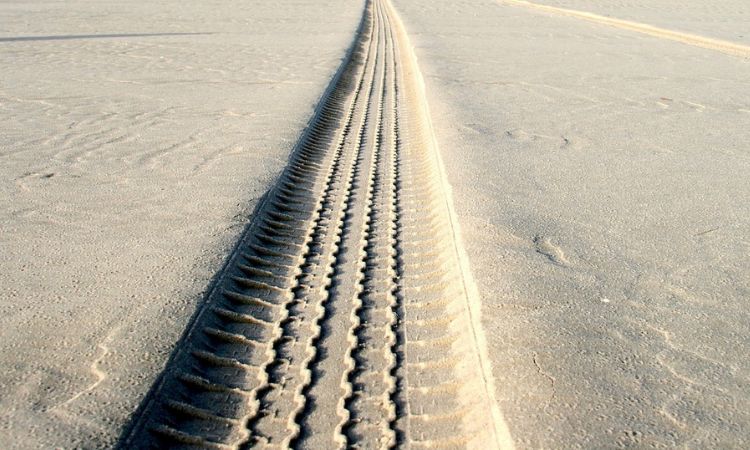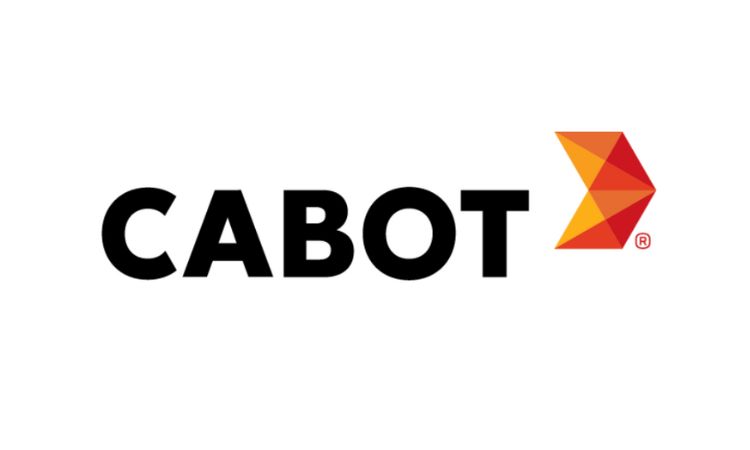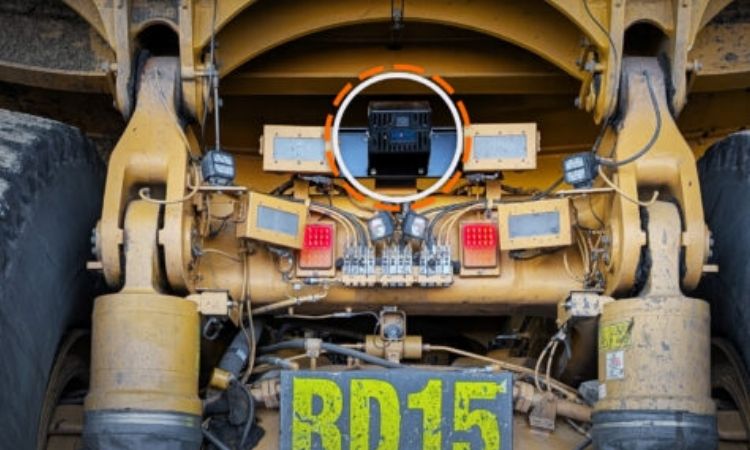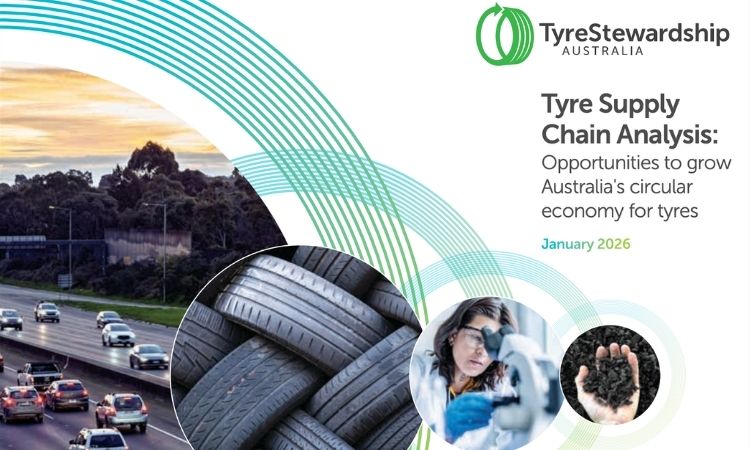Researchers at University at Buffalo to improve tire recycling in New York State
At the end of January 2021, the University at Buffalo revealed that its multidisciplinary research group was awarded quarter million U.S. dollars from New York State Department of Environmental Conservation (DEC) to assess and improve tire recycling in the state.
In its article from January 28, the University at Buffalo stresses that tire dumps are a breeding ground for disease-bearing mosquitos and animals, and they cause significant air and water pollution if they catch on fire. To help address these issues, the university’s RENEW Institute will work on a multidisciplinary study of the tire recycling industry.
The work is funded by a New York State Department of Environmental Conservation (DEC) grant worth a quarter million dollars. The partnership announced in January builds upon the state’s 2003 Waste Tire Management and Recycling Act, which mandated market development for waste tires, prohibited land burial of these tires, and instituted a recycling fee on each new tire sold in the state to fund the cleanup of noncompliant tire waste stockpiles, among other activities.
“The project is well-aligned with RENEW’s mission to bring together teams of multidisciplinary faculty to focus on complex issues related to energy and the environment. RENEW’s overall goal to enable a regenerative economy includes improving recycling of all materials,” says RENEW Institute Director and SUNY Distinguished Professor Amit Goyal, who is also the project’s director.

A. Scott Weber, director of UB's Center for Integrated Waste Management and Louis P. Zicari, Jr., associate director, look at tires that will be recycled thanks to a grant to the center to expand civil engineering uses for discarded tires. | Photo by University at Buffalo, 2007.
DEC Commissioner Basil Seggos said, “New York residents and businesses generate up to 20 million waste tires each year and to achieve our state’s environmental sustainability goals we must find productive reuses of the materials. DEC has already taken effective actions to address illegal tire stockpiles that created threats to public health and the environment, but we must do more to strengthen tire recycling markets and infrastructure. We welcome this newest partnership with UB to help reduce an abundant and challenging waste stream and recycle tires in an economically and environmentally beneficial way.”
DEC and UB will explore different options for the beneficial use of whole tires and tire byproducts other than refurbishing these tires for reuse on vehicles or use as fuel to be burned in power plants, paper mills and other facilities. UB will inventory and evaluate existing data, assess the current supply and demand for various forms of tire rubber in New York and across the U.S., and evaluate methods to improve waste tire recycling infrastructure and the marketability of secondary tire-based materials and products.
In addition, UB will evaluate policy options that may be appropriate to promote waste tire rubber marketability and develop recycling markets for waste tires in New York. This project is funded by the state’s Waste Management and Cleanup Account, which is supported by the state’s tire recycling fee.
This multidisciplinary UB team includes co-investigators Aditya Vedantam, assistant professor in the Department of Operations Management and Strategy in the UB School of Management; John Atkinson, associate professor in the Department of Civil, Structural and Environmental Engineering in the School of Engineering and Applied Sciences; Michael Shelly, RENEW environmental economist and research assistant professor at UB RENEW and Yi Zhang, senior scientist and research assistant professor at UB RENEW.
The UB RENEW Institute harnesses the expertise of more than 100 faculty members from seven schools and colleges at UB. In addition to environmental issues, it also tackles energy and water issues, with a focus on developing and coordinating innovative research, education and outreach programs. Further information can be found the following website of the University at Buffalo.
Press release by the University at Buffalo.
Weibold is an international consulting company specializing exclusively in end-of-life tire recycling and pyrolysis. Since 1999, we have helped companies grow and build profitable businesses.









